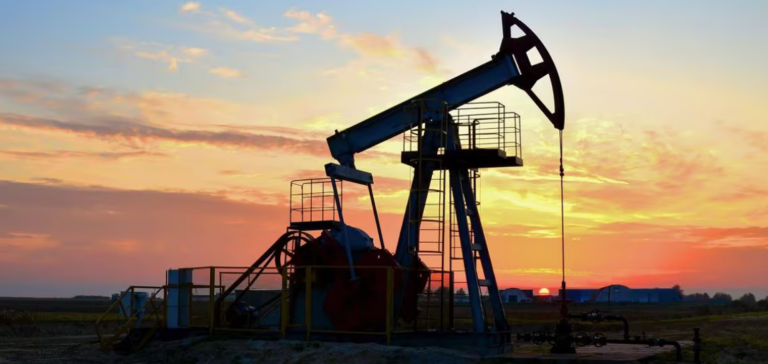Oil prices are experiencing a significant rally today, with Brent North Sea crude for January delivery up 0.87% to $80.23 at around 10:35 GMT, while West Texas Intermediate (WTI) for December delivery is up 0.78% to $75.92 a barrel. This recovery follows the recent fall in prices to their lowest levels since July.
Reaction to Chinese economic data
Stephen Innes, analyst at SPI AM, attributes the rise to the prospect of intervention by Opec+ (the Organization of the Petroleum Exporting Countries and their allies) to support oil prices after the recent slump. He also points out that Chinese inflation data was interpreted by investors as neutral, which encouraged oil buying. China, as the world’s largest importer, has stepped up its stimulus measures, which could boost energy demand.
Outlook analysis
UBS analysts also note that current oil prices are at a “technical support level”, which suggests a price recovery. The recent drop in prices was attributable to concerns about future demand and reduced perceived supply risks due to the situation in Israel and Gaza.
Mark Haefele, analyst at UBS, expects oil prices to rise following this period of weakness. He points out that Saudi Arabia and Russia have reaffirmed their commitment to maintaining their production and export cuts until the end of the year, helping to stabilize the market.
Extension of voluntary offer reductions
Voluntary supply cuts are likely to be extended into the first quarter of next year, due to the seasonal drop in oil demand at the start of the year, ongoing concerns about economic growth, and the objective of producers and Opec+ to maintain a certain price per barrel.
OPEC also remains “optimistic about demand” and the global economy, according to the alliance’s secretary general, Haitham al-Ghais, in London. The next ministerial meeting of Opec+ members is scheduled for November 26 in Vienna, the alliance’s headquarters.
In short, oil prices are recovering from their July lows. Signs of possible OPEC+ intervention and encouraging Chinese economic data supported this recovery. The short-term outlook seems positive, but future market trends will depend on a variety of economic and geopolitical factors.






















